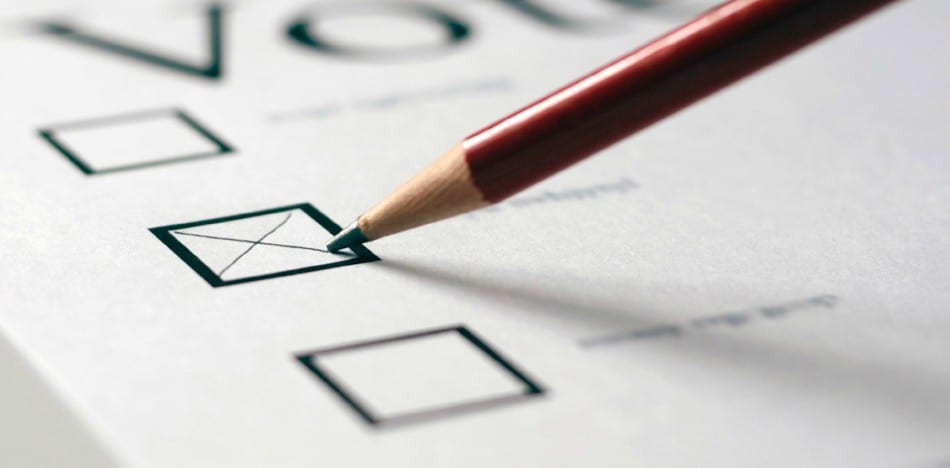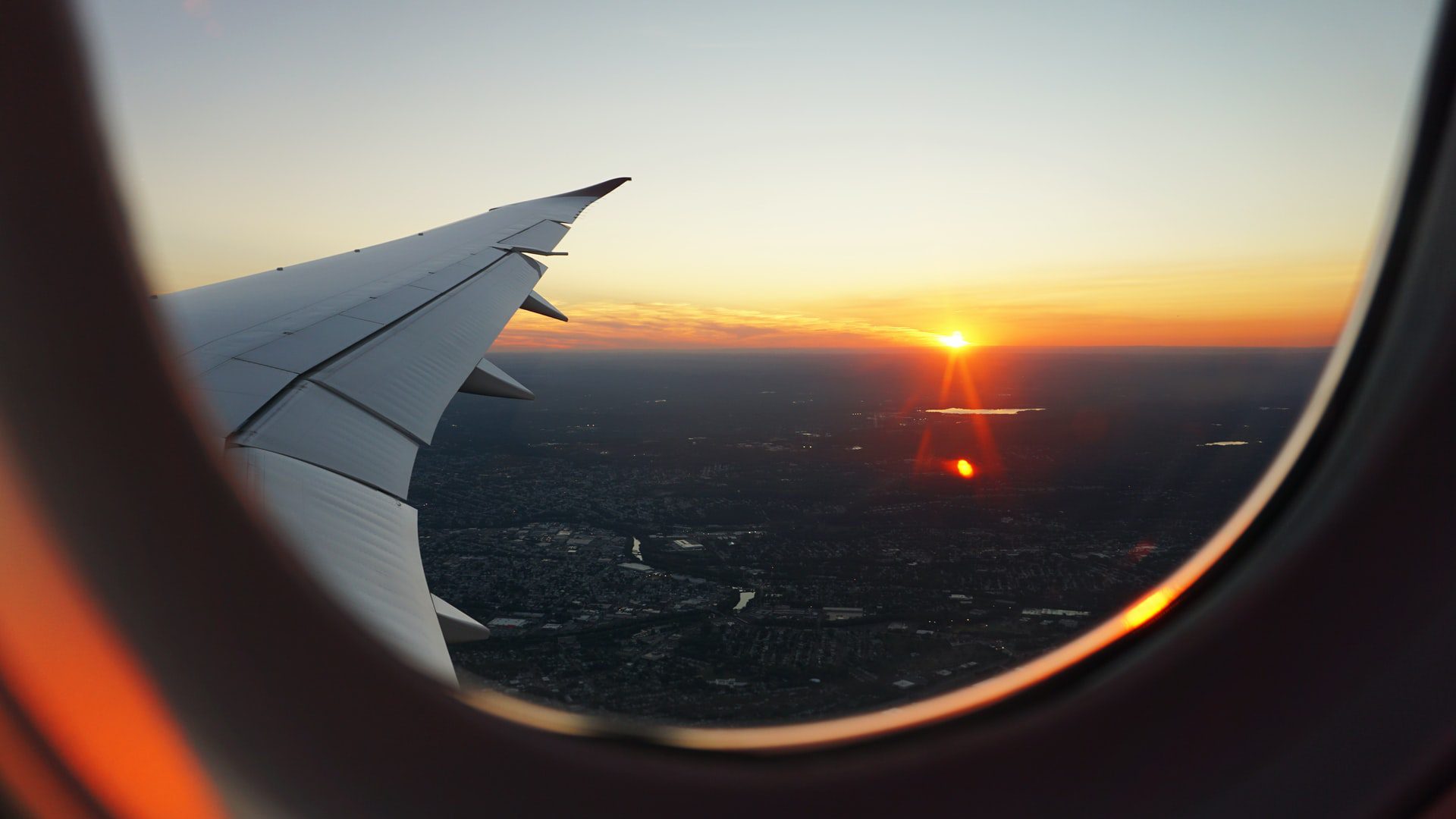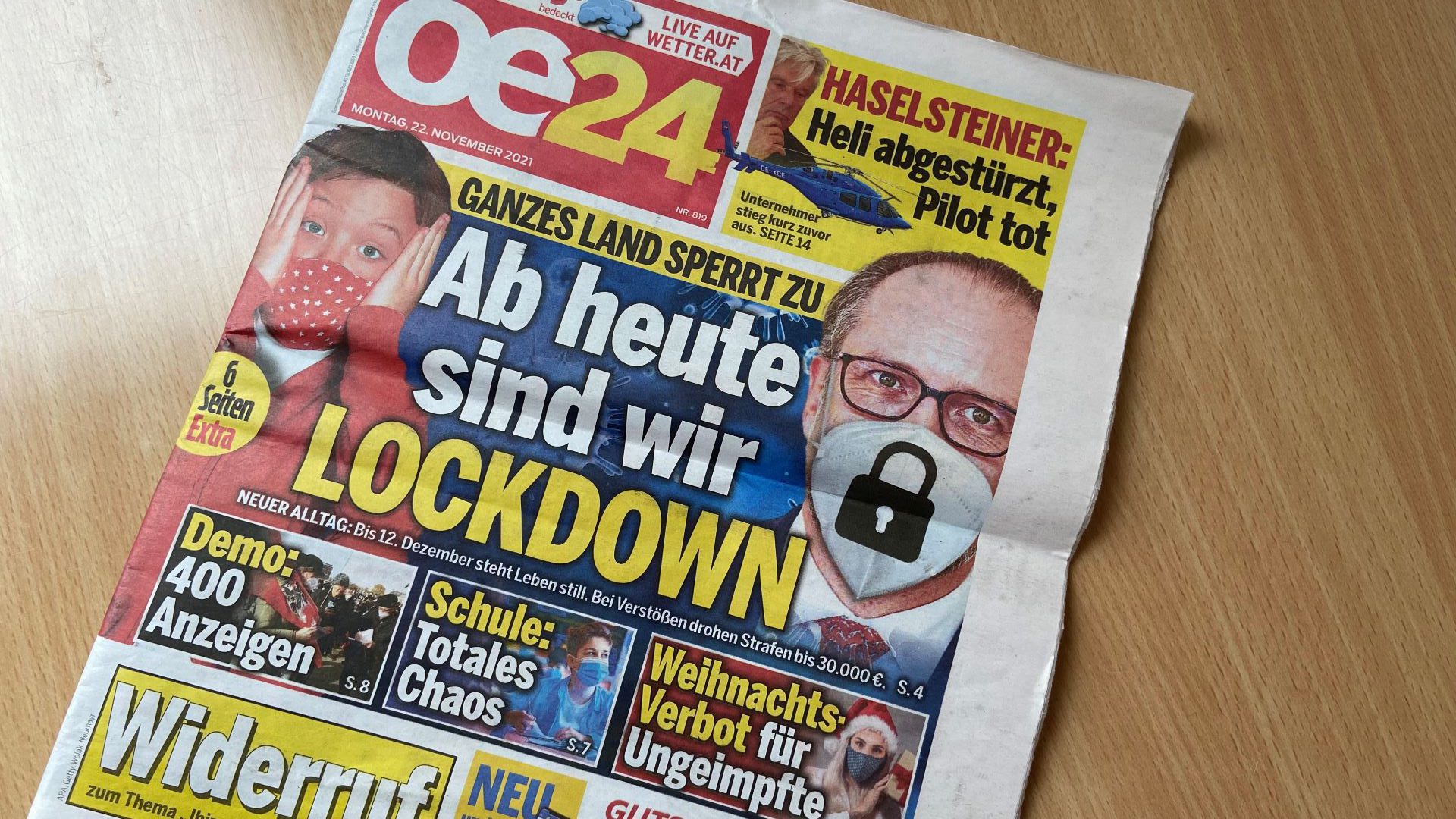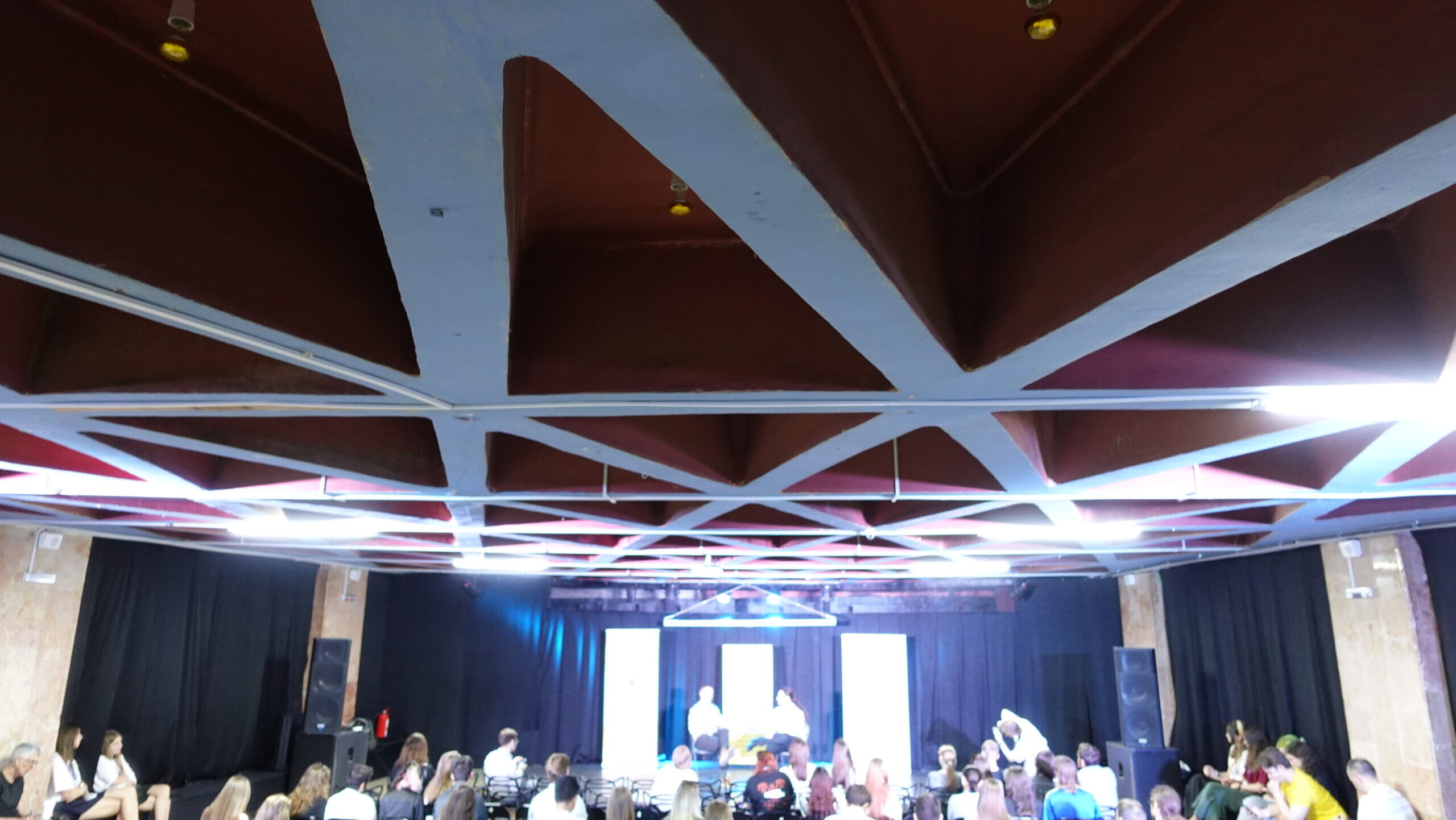This article was originally published on the Foundation for Economic Education blog on May 18, 2020
I spent days wondering whether or not to make this story public, because I am aware that, from a medical point of view, fighting a global pandemic is an extraordinary endeavor.
However, I do want to raise awareness about some of the damage caused by governments’ responses to the pandemic and how the state can attempt to blind in order to seize more power.
Everything started on March 13, when I returned from Spain, although the real reason for me writing this story has to do with the events that developed subsequently.
On March 13, when my friends and I arrived in Tbilisi, our caring government decided to put us in mandatory quarantine, even though we met every requirement for self-isolation. As it turned out, there were not enough spaces in Tbilisi, meaning we would be transported to Batumi, 365 kilometers away.
For five hours straight, approximately one hundred of us, from five different flights, were waiting for buses in a small room at the airport. Women, men, small children, elderly people, others who appeared unwell, possibly infected, as well as our group of seven were all sitting on a cold floor.
Finally, after some drama, a bus arrived. We were then split into two buses depending on what flight we were on, and whether we had arrived from high-risk countries.
After seven hours of traveling, we arrived at a hotel in Batumi designated as a quarantine center.
Since our group had traveled together from Spain, we were given the option of sharing rooms. However, because of the small size of these rooms, we chose to go separately, although we were able to see each other daily.
Three of our friends had a high temperature seven days after our arrival. Of course, the doctors were aware of this, although due to a lack of resources, none of my friends were tested until the day before our departure from quarantine.
The test results for one of our friends came back positive, so he was diagnosed with the virus. At this moment, he showed absolutely no symptoms, and thankfully, even now, he feels great. It is most likely that our friend got infected either in the airport or on the bus, as the incubation period coincides with those dates.
Finally, they decided to place my friend in an infectious disease hospital, while the rest of us were supposed to be sentenced to another 14 days in quarantine. We demanded that we be transported back to our own places since we all met the requirements of self-isolation.
We were spending our 17th day locked up in a hospital, and still knew nothing of our health status. Some of us developed a temperature because of this stress.
We demanded to be tested in order to know whether the rest of us were infected or not, although due to the shortage of tests, our request was rejected. They told us that people with no symptoms would not be tested. Even our request for commercial tests, which we would pay for ourselves, was denied. It turned out that for the next two weeks, we would have no way of knowing our health status.
For these reasons, some of our friends who were already in weakened mental states, showed signs of depression, panic attacks, increased anxiety, and insomnia.
Due to these problems, the officials reevaluated our cases and gave us the right to spend our remaining days of quarantine in self-isolation. Of course, we were still not tested.
We requested a separate car, to satisfy the requirements of self-isolation. We also told them that we would cover the travel expense in order to avoid other passengers. This request was also denied, although none of us know why.
Approximately 14 people, from different quarantine zones, were transported from Batumi to Tbilisi in the same vehicle. We were made to sit next to one another without face masks, gloves, or any form of protection. This was the second time that the government had put our health in danger by exposing us to unknown people who were possibly infected.
At last, I was in self-isolation and I felt calm, thinking that it was all over and I could spend not just a week in my apartment, but the rest of my life.
However, it quickly became clear that the drama was not yet over. This is where the real story begins.
As soon as I was back in Tbilisi, I found out about a commercial test and booked one. Because there was a waiting list, I was given an appointment after a couple of days. One evening, before it was my turn to get the test, I got a temperature. I could not wait any longer, so I called an ambulance to check my condition.
I was transported to the Central Republican Hospital. I am a doctor-in-training myself and I know approximately how a hospital works.
Of course, no one tested me that night. I went through the same routine procedure that every patient goes through when visiting the hospital, and I will not even mention the conditions there.
I will only say this: there were two other patients with me in the same hospital ward. Both of them had a high temperature and pneumonia. Even though we were placed far from each other, we still used the same bathroom. This was the third time when the government had sentenced me to be in close proximity to other people who may be infected.
Finally, the next day, I was tested for COVID-19 at 14:00, with results quickly arriving that evening, around 19:00. The test came back negative. I was so relieved. You would think that should be where the story has a happy ending. I thought so too.
However, the next day, when I was scheduled to be released from the hospital, was the toughest day that I can remember.
A patient is generally checked out after a doctor’s routine ward round. At 12:00, a doctor came and told me that a state-issued medical certificate was almost ready and they would have me checked out soon.
It was 15:00 and I didn’t hear anything from anybody. There was no doctor, nor anyone to take me home. Eventually, a doctor told me that I was about to be transported to yet another quarantine facility.
Due to the immense respect towards medical personnel, I explained to her that I had already served my quarantine time and that I was supposed to be self-isolating at home.
She told me that she did not care if I had already spent time in quarantine and that everything would be as she would say. I asked her kindly to come to the ward so that I could explain my situation in detail.
She started yelling. I yelled too and asked her to show some respect. In about half an hour, they brought the medical certificate, in which it was clearly stated that I was supposed to return to self-isolation rather than go into quarantine.
After three more hours (18:00), a car came and I happily went towards it.
In the car, there were 15 people from Gardabani (another city). They were supposedly being transferred to quarantine facilities in Gldani (Tbilisi district) due to being high risk, even though they had no symptoms. I kindly asked the driver to drop me off first because I live close by.
I was told that, alongside these 15 people, I was on the quarantine list. I explained that I was instead supposed to self-isolate by myself.
He was a kind man and told me that he couldn’t really do anything about it and that I had to talk to the police. I called the police officers who were protecting the hospital yard, although I have no idea what it was being protected from.
I talked to the police officer and told her calmly that they had made a mistake and, instead of transporting me to my home, they were bringing me to the quarantine center. I asked her to shed some light on this matter.
The police officer told me that she didn’t care about “this random paper,” the state-issued medical certificate, and that this was all happening for my own well-being.
At this point, I demanded that she take a look at my certificate, which is not just “a random paper,“ and that it clearly stated that I was properly assessed and could go back to self-isolation.
She explained very calmly that she did not care at all, and that I must sit in the car or she would fine me with 3,000 Georgian Lari (about $900), after which I would still end up sitting in the same car anyway.
When I understood the futility of my attempts to explain myself further, I sat in the car. Along with the other passengers, I arrived in one of the quarantine hotels at Gldani. I can’t clearly convey my mental state in that moment, as I have no words to describe what I was going through.
My battle against the state bureaucracy started right after I went into the designated room. First and foremost, I was trying to figure out who could fix this situation.
At 22:00, I had already called 10 people who directed my calls to each other. Finally, they called me back to apologize for the mistake. It turned out that they could not transfer me that night due to the government issued curfew and promised me that the problem would be fixed the following morning.
I woke up early so I would not lose any time. I had spent a total of 22 days in quarantine, and I could not stand another minute of being there.
I called the health care center and they confirmed that I had to wait for the car. The car did not arrive for a couple of hours.
I called the emergency hotline where they take care of transportation. They told me they had no information about me.
At this point, I was in such a poor mental state – I was scared I would end up harming myself or someone else. When the old doctor from Batumi called to check on me, I explained my predicament to her, and she thankfully promised to help.
I am writing this from home, feeling relatively at peace, although still not quite believing that my ordeal is over. I can only imagine how many other people’s mental health was sacrificed in the battle with this horrific bureaucracy.
Though I don’t have the virus, I definitely ended up with some mental trauma caused by this system, which will haunt me for a long time.
To those who think that their government’s response to the COVID-19 pandemic is effective in fighting against the virus, we Georgians being a fine example of this, I want you to know that you are mistaken.
There could be thousands of infected people currently in Georgia that are not being tested because they show no symptoms, yet the latest studies suggest that 50% of cases are asymptomatic yet contagious. Medically speaking, it is of utmost importance to test these people, because they can be spreading the virus without even knowing that they have it.
The Georgian government is doing the opposite of what would be most effective. Don’t be fooled by the quarantine hotels. Healthcare policies based in populism should not be permissible. People’s lives are at stake!
I am writing this while firmly locked inside my house. Now, even if I was dying, I would not call an ambulance, let alone leave this place.
To read more about Giorgi, check out his Day in the Life interview by clicking on the button below.









